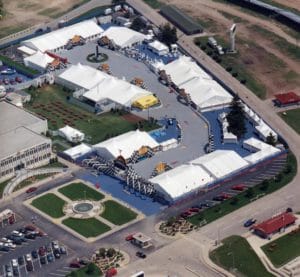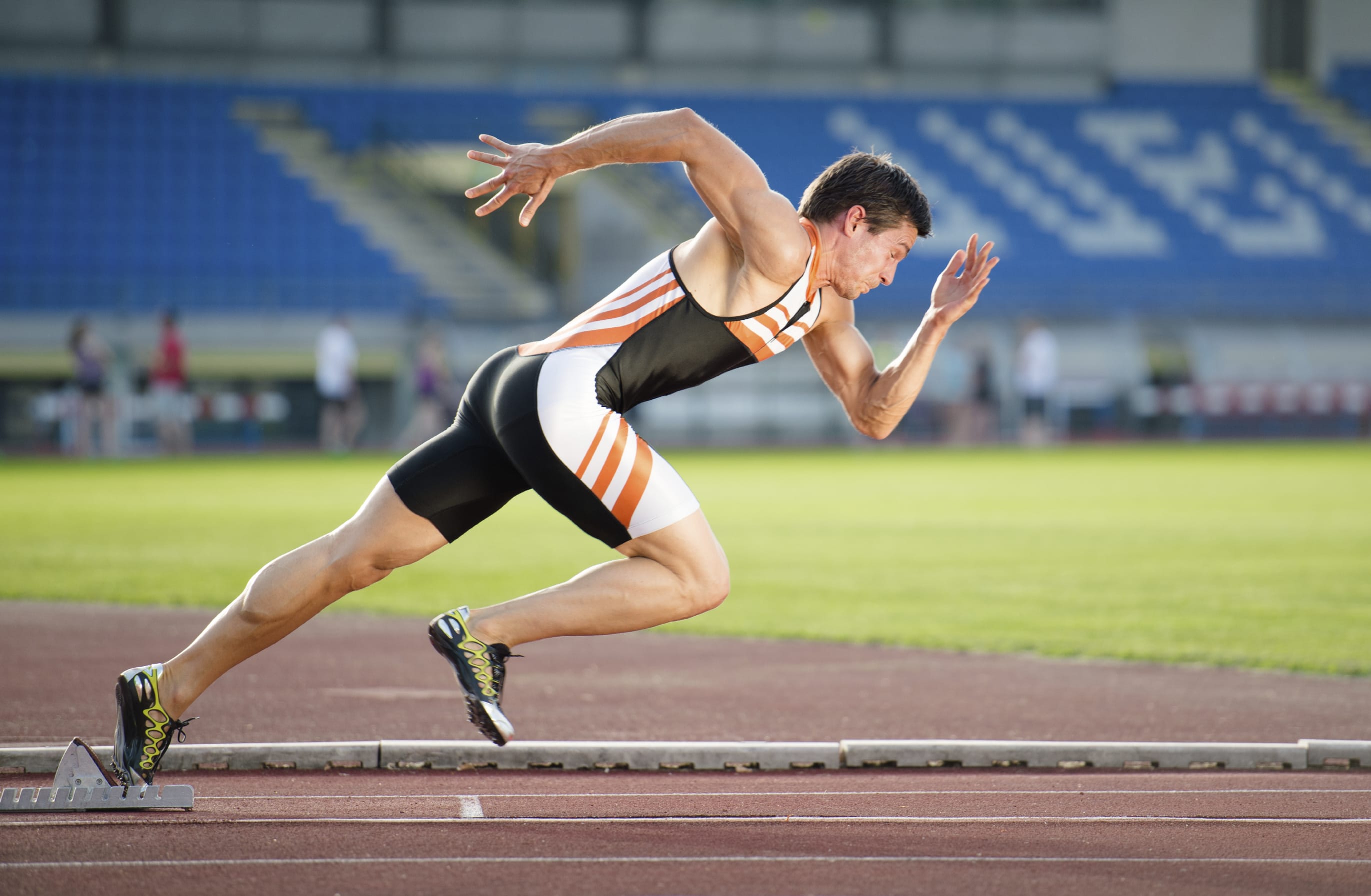Everyone enjoys going to summer sporting events! The sun provides us many benefits, but continuous unprotected exposure to the sun when it is at its hottest can cause you some serious issues. Mix elevated temperatures with high humidity and it can make that heat index skyrocket. In fact, it can make 95 degrees feel like 105 degrees!
Despite these sizzling summer temps, the show must go on! Thankfully there are innovative ways to keep athletes – and spectators – cool at summer sports events!
Summer sporting events
Although it can get hot, summer is the perfect season to hold certain sporting events in many regions. In fact, many of these sports are such a staple that they can draw a huge crowd. It’s a chance to get outdoors, soak up the sun, raise money selling grilled goodies, and start getting lively as the sun starts to set.
So what summer sporting events are we referring to?
- Mountain biking – downhill biking or trails.
- Cycling, such as the Tour de France (and smaller versions around the world).
- Volleyball and beach volleyball.
- Track and field events.
- Car racing.
- Golf.
Everyday danger of excessive outdoor heat
When the temperature rises, it is time to take some extra precautions if spending a great length of time outdoors. Extended unprotected exposure to the outdoor heat can have deadly consequences. Here are indications that you may need to take a break from the sun and how to protect yourself:
Symptoms:
- Increased irritability.
- Unable to focus or loss of concentration.
- Excessive sweating.
- Dizziness or visual disturbances.
- Intense thirst.
- Vomiting or diarrhea.
- Tingling in the hands and feet.
- Swelling of the feet, ankles, or legs.
- Muscle cramps.
Protect yourself by:
- Drinking lots of water.
- Wearing light clothing.
- Apply cool packs to the face and neck.
- Find yourself a shaded area and stay there.
- Seek help immediately if you start to experience any of the above symptoms.
What extreme heat means for athletes
Athletes working in extremely hot (and humid) conditions are subjecting themselves to hyperthermia. This condition has a negative effect on the body and the athletic performance. The opposite of the too cold hypothermia, this condition is when the body gets too hot. It ranges from heat cramps to heat exhaustion, and eventually, to heat stroke.
As bodies heat up, sweat and its evaporation work to cool the body down. However, when bodies are not hydrated enough, there is not enough fluid to promote this cooling process. This is the beginning of a very serious situation. Blood cells near the surface begin to constrict and the body’s natural system begins to break down. As a result, the body temperature continues to rise without any means of cooling itself.
Athletes working in extreme heat can even be fatal.
Ways to protect athletes
There are several ways that can be used to cool and protect athletes who are competing in summer sporting events with extremely hot weather conditions. Of course, they do require some thought and planning in advance of the event. Better to be safe than sorry when it comes to an athlete’s health.
- Cooling tents.
Tent rentals can be set up to serve as cooling tents for athletes. Depending on the size of your facility, you can rent a customizable tent that will fit your needs. These temporary structures offer the perfect spot to cool down (hence their name). Including sidewalls on your tent rental means that you can have a climate controlled space that will work to instantly cool anyone down.
Include ice packs, water, and a place to sit – just in case. This is a good area for a medic or two to hang out in the case of an emergency.
- Misting stations.
Misters work to put mists of water into the air which, in turn, act as an instant cooler. These are most effective in dry heat conditions but will work in humid areas, as well. If athletes are in an event that is on a track or trail (such as track events, cycling, etc.), try adding misting stations along the path. They require nothing outside of the sport – the athlete would just pass through it for an instant cool down while still moving on his or her way.
- Water and drinking stations.
Drinking stations are a given in many summer sporting events. However, when the temps are up, the drinking stations need to multiply. Have water and sports drinks available, as well as ice packs to cool down.
- Have emergency medics onsite.
Emergency medics should always be present at any sporting event. This need is amplified when the temperatures rise. Medics can treat anyone – spectators and athletes – that may fall victim to the sun’s hot rays.
- Reschedule events.
One way to avoid the need for all of this is to avoid scheduling sporting events during the hottest part of the day. Choose the starting time as close as possible to when the sun is to go down. Or, if feasible, as early in the morning as possible.
Don’t forget the spectators
Just because spectators aren’t participating in a physical sporting event, they are still being subjected to elevated temperatures. It is important to make sure that spectators have a means of protecting themselves against extended time underneath the harshly glowing sun.
Here are a few simple things you can do:
- Offer a shaded space for viewing of the event. This may require a lot of planning and may not be a very easy task. (Consider an awning or tent rental).
- Use water misters and fans to cool down the seating area.
- Offer water and other beverages to the spectators.
- Reduce the stagnant waiting time incurred by the spectators at the sporting event.
- Have water fountains available for those who may be unable to purchase a beverage.
Remember, if it weren’t for the spectators, you may not actually have an event. So, do your best to make sure they are taken care of, too!
When a summer sporting event is approaching, keep a close eye on the weather and plan accordingly. With a little preparation, everyone will be safe while dealing with the elevated heat!

